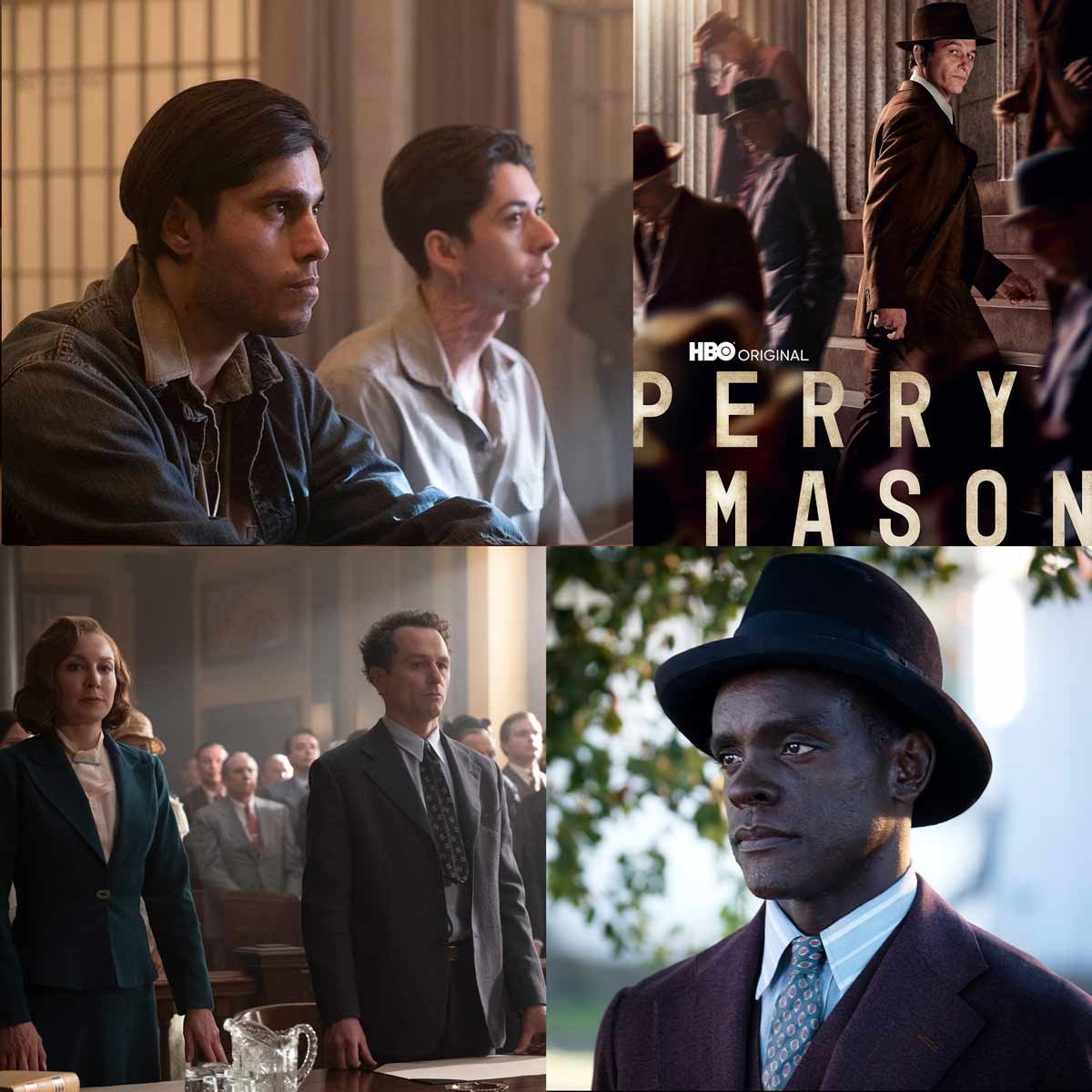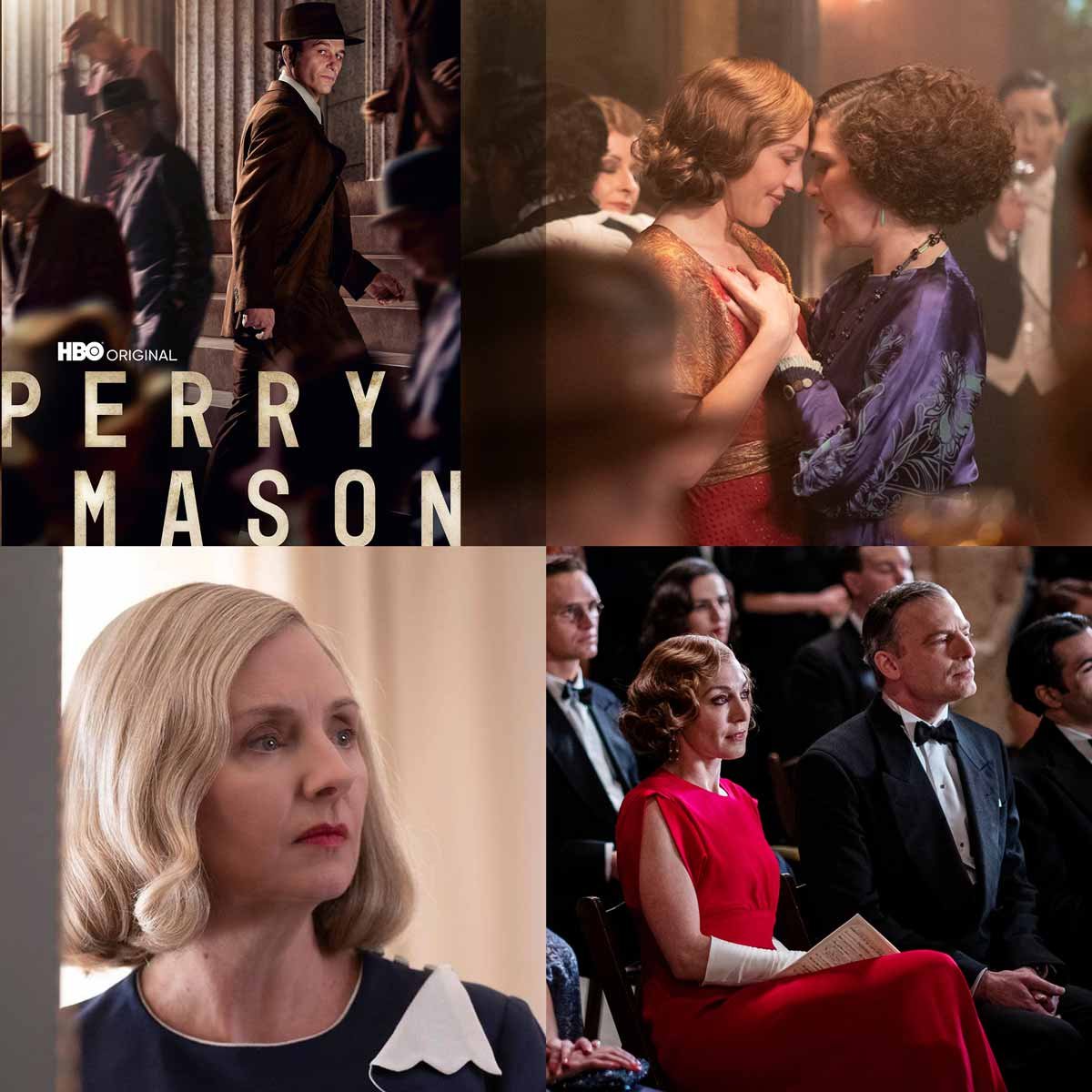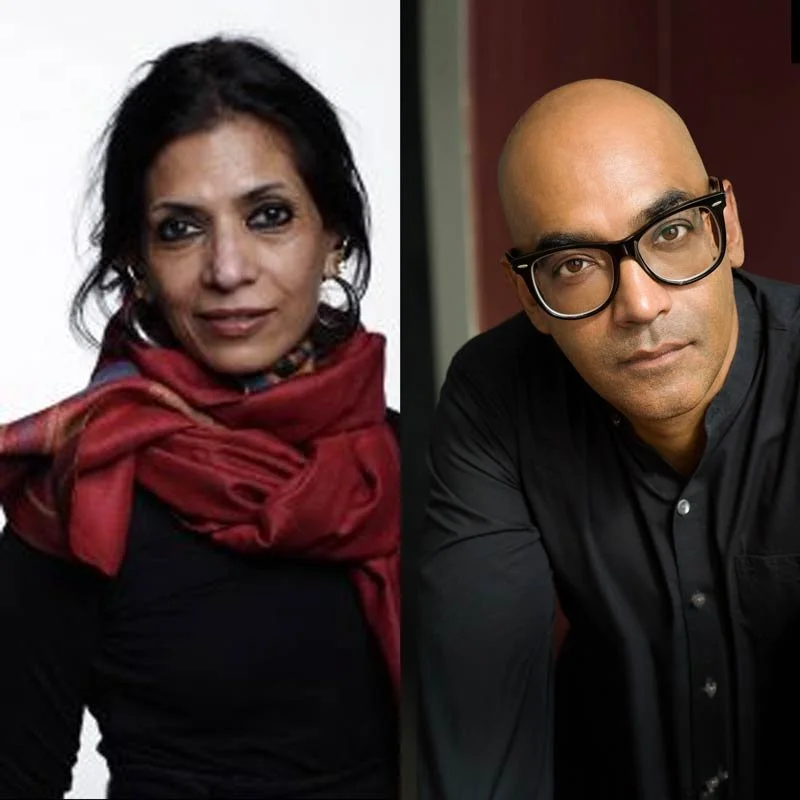Michael Begler is showrunner, writer, and executive producer of Perry Mason, which debuted as HBO’s most-watched series in nearly two years upon its premiere in June 2020. The critically-acclaimed show stars Emmy-winner Matthew Rhys, Juliet Rylance, Katherine Waterston, Hope Davis. In the second season of the Emmy-nominated series, the scion of a powerful oil family is brutally murdered. Power, social justice, immigration, LGBTQ rights, and what it truly means to be guilty, are among the issues raised by the series.
Begler’s previous series include the Peabody Award-winning The Knick, starring Clive Owen, directed by Steven Soderbergh, writing/producing credits also include comedy series The Tony Danza Show, The Jeff Foxworthy Show and the film Big Miracle starring Drew Barrymore and John Krasinski.
THE CREATIVE PROCESS
What for you is the importance of the arts? And what would you like young people to know, preserve, and remember?
MICHAEL BEGLER
Storytelling is our oldest art form. We can't silence the arts and those voices because if we do, we lose something that is so crucial to who we are just as human beings. We want to tell stories. We want to express things. For example, I cannot draw. And one day the teacher wanted us to do negative space drawings. And I said, "What is that?" And they explained that it's looking at what's around the object and not the object. And it clicked, and it made me look at things from a whole different perspective. And you know, what? That became where I was most successful. And so for me, there's are an infinite number of ways to tell a story that you never run out of ideas, that you can always find another road, another way to look at something. That's probably one of the key elements to my career.
THE CREATIVE PROCESS
So when watching Matthew Rhys’ performance, I’m reminded of the Leonard Cohen line: Whatever makes a soldier sad will make a killer smile. And also on Perry Mason, there are remorseless characters within the show. And Perry, and the subtle performance of Matthew Reese throughout. You know, sometimes I wanted him to come out more, but I think that is the slow burn that keeps us watching to the next episode,
BEGLER
I call it the percolating trauma inside him, and I think that it's a combination of things with him. Again, it's holding onto this trauma that happened a dozen years ago in the war, that this is not something that he has really dealt with. And I think that you can't take that lightly. It doesn't go away with time. It doesn't heal. It's still inside you, and it's still informing who you are. And I think that was important in coming into season two because here is a man who's now thrust into this whole other battle. He's now an attorney. And how does he put lives in his hands?
So he is gone through this in season one, and now we're coming into season two knowing that he's haunted by the fact that he thought he saved somebody. He put Emily Dodson's life in his hands only to have her commit suicide. So now he's wrestling deeply with the flaws in himself and his character that these soldiers put their lives in his hands in the war.
Emily Dodson put her life in his hands in the trial. And now he's going to take on these two boys who could swing on a noose. Does he want that? Does he have enough inside him? And that's why we play with the imposter syndrome because he doesn't know if this is who he really is. And does he still have that fight inside him?
And so I think that's the sort of push-pull I think that you're alluding to inside and that he's trying to hold it in and trying to hold it all together. And we do see those moments when he can't hold it back. When he punches the guy in the face in episode four when he steals the horse. These are things that he needs to release that valve because it's so much he's trying to hold onto to get to the result that he wants to win the fight because he hasn't fully won a fight yet. And that's hard.
THE CREATIVE PROCESS
Speaking of some of the have-nots in the drama, you center around these brothers Rafael and Mateo, who are treated as though they're immigrants, but in fact their home in the California was taken from them. It's really quite complicated. So in their minds, they want to take back what was already theirs.
BEGLER
In the 1930s, there was this movement to rid the city and the country of the Mexican community. And what we see is really this forced deportation. I think they called it repatriation. It was taking not only people who were born in Mexico and came across the border and settled, but people who were born in the United States and, even if they didn't speak a word of Spanish, they sent them away because it was someone to blame. It was "taking away jobs." And this was what they felt was the answer, which we see a lot in, again, the politics of today.
THE CREATIVE PROCESS
And with Della Street, that’s a different view on Della than we might have seen from the original Perry Mason, where Della was a kind of capable girl Friday. In the original, I didn't see her as having ambitions to be a lawyer. Tell us about the complexities of that Juliet Rylance brings to the screen.
BEGLER
Creators Ron Fitzgerald and Rolin Jones and Team Downey, this was a sort of a thing that they came up with, but I think what we wanted to explore in season two was really to dig more into this idea of what is it to be a woman with ambition in this era, 3% of attorneys were women in the entire nation in 1933. So that alone is an uphill battle. And then when you add the complication of being queer in this time, and that there are laws against it that you have to make sure every step you take is so calculated and so careful that you don't slip up. It's all based on fear and threat and what happens if something you've established all of a sudden, a woman can come in and do it.
When we look at the current political climate, and we look at the way they're trying to erase history, to whitewash history, I think is such a dangerous precedent because we can only learn from our past. We can learn from our mistakes. We can learn from what happened. If we don't tell the truth, where does that leave us? If we can cherry-pick what's important to know and not know, and by an elite view, well, how different are those elite views from the elite view of a hundred years ago? We have to learn from our past. It's the only way to have a future. And I think that to me is essential.
THE CREATIVE PROCESS
Through watching these issues around social justice and power on television, you can puts forward situations and questions in a very subtle way. So about learning from our past. Who were important teachers for you that maybe made you want to become a writer and awakened a sense of civic activism, social awareness that is obviously very important to you.
BEGLER
The best example for me were my parents for sure. There are certain things that they instilled in me from a young age that I carry with me as a writer and as a grown man. I think a sense of humility, a sense of patience, and a sense of humor are so important. I think that looking at everyone and having the patience to listen to who they are and what their circumstances are and then not take yourself too seriously. That you have to give yourself a chance to breathe and all that sort of helped inform the person that I feel I am today.
This interview was conducted by Mia Funk and Jamie Lammers with the participation of collaborating universities and students. Associate Interviews Producer on this episode was Jamie Lammers.
Mia Funk is an artist, interviewer and founder of The Creative Process & One Planet Podcast (Conversations about Climate Change & Environmental Solutions).






















































